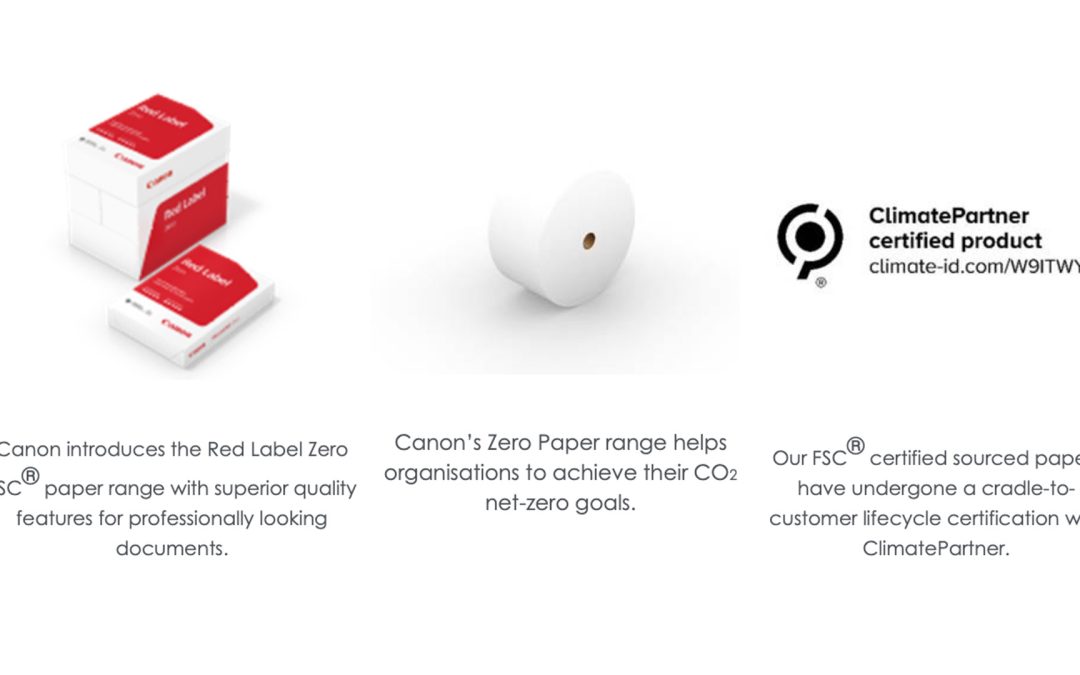Australian businesses reported more than 5800 scams with losses exceeding AUS$7.2 million ($5.08 million/ €4.52 million) in 2018, a 53 percent increase compared to 2017, according to the ACCC’s Targeting scams report.
ACCC explains that much of this increase is due to the AUS$3.8 million ($2.68 million/ €2.38 million) reported lost to sophisticated ‘business email compromise’ scams. When combined with losses reported to the Australian Cybercrime Online Reporting Network, these scams cost Australian businesses over $60 million ($37.71 million/ €42.34 million).
“Scammers are hacking business email systems and impersonating the intended payment recipient. The scammers request changes to bank account details so that the business makes the payment to the scammer instead of the legitimate business,” ACCC Deputy Chair Mick Keogh said.
“Depending on how long the scammers get away with this and how large the transfers are, this scam can be devastating to a business’s bottom line – to the extent of forcing small and medium businesses into closure.”
ACCC goes on to explain that this scam targets businesses of all sizes and even small local sporting clubs and community groups. Any organisation that transfers money via bank accounts is a potential target. Scamwatch has even received reports of the hackers intercepting house deposits that have been sent to conveyancers, real estate agents or law firms.
Small businesses with fewer than 20 staff were most likely to be targeted by scammers and accounted for more than 75 percent of reports to the ACCC. Businesses were most likely to be targeted with false billing scams (1819 reports) but investment, hacking and phishing scams also caused significant losses.
“Australian businesses must protect themselves by ensuring their staff are aware of these scams so they can identify and avoid them. Every business should have clear processes for transferring money and a procedure for verifying requests to change bank account details that uses multiple modes of communication,” Mr Keogh said.
Australian businesses are encouraged to visit www.scamwatch.gov.au to learn more about scams targeting them and how to protect themselves. They can follow @scamwatch_gov on Twitter and subscribe to Scamwatch radar alerts.
Businesses can also sign up to the ACCC’s Small Business Information Network to receive emails about new or updated resources, enforcement action, changes to Australia’s competition and consumer laws, events, surveys and scams relevant to the small business sector.






















